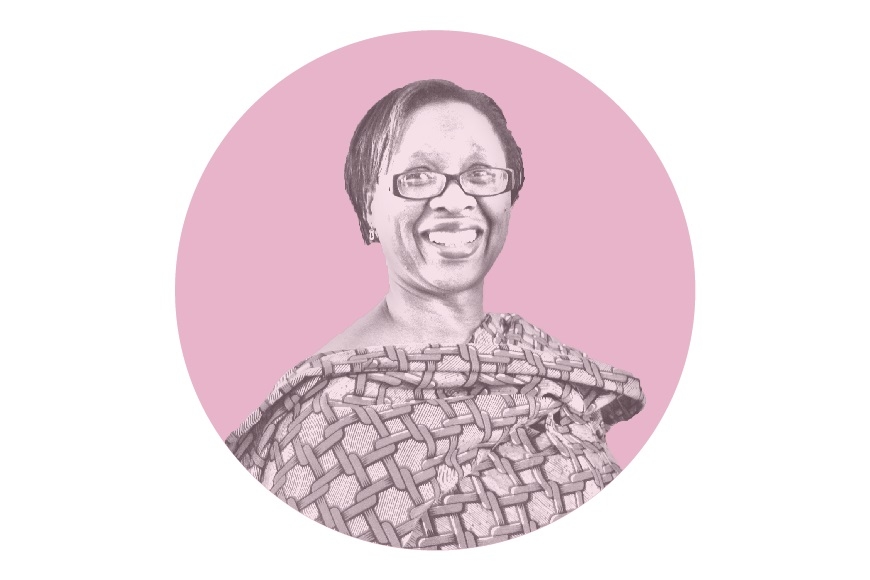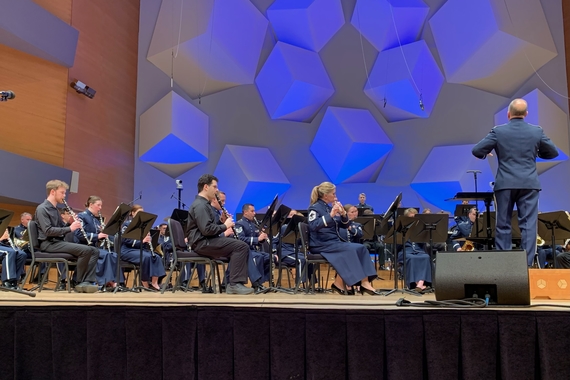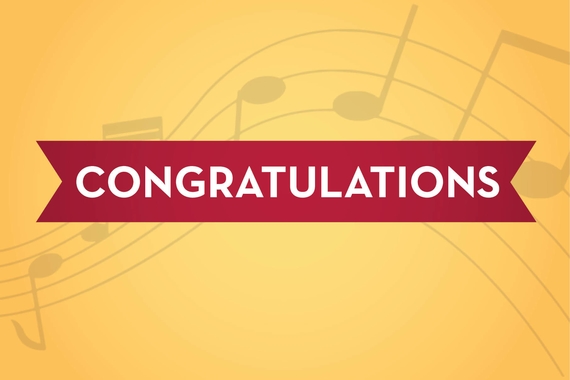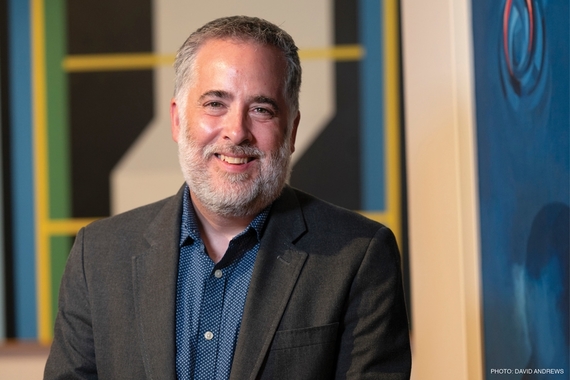Akosua Addo
Associate Professor Akosua Obuo Addo observes how music in the classroom leads to success for early-childhood and primary-school students in Jamaica. "I have seen the impact of music in children's lives and on teacher education both while teaching in Jamaica and through the annual forums I lead at the School of Music," she says. The Parker Sanders Fund for Music; the Organization for Strategy Development in Jamaica; and the Jamaican Ministry of Education, Youth, and Information support Addo's collaborations in Jamaica.
What brought you to the U of M?
Research Opportunities. I wanted to grow in my research practice, and I felt that the U situated in the vibrant arts community of the Twin Cities would be the best place for me.
What is the focus of your research?
I have two areas of research: first, ethnographic research on children’s arts play, with children’s lore in particular, and second, comparative and collaborative research on musical arts teacher education.
What motivates you?
The joy of working in a space where I can have fun doing research, asking questions, thinking through problems, and identifying processes for solving the problems or answering the questions.
What impact do you hope to make on your field?
I would like my field to understand how children make sense of their world through play and children’s lore. I want to contribute to improving the quality of musical arts teacher education.
What do you wish more people understood about what you study?
Play is important for identity development and social learning. I would like society to understand how play behavior and singing games, in particular, afford individual and collective expressing of consensus and conflict mediation in real life. A clear understanding of the value and contribution of play behavior to healthy societal integration will increase the likelihood of having community advocates who press for safe play spaces in schools and at home.
In musical arts teacher education, I am studying inclusive and culturally sensitive partnership models of professional development. I would like society to understand the importance of creating culturally sensitive, collaborative, and supportive spaces in the development of viable cooperating teachers, and high-quality future music educators.
You have received funding from donors during your time at the U. How are these gifts (or donated funds) helping to move your projects forward? How have they helped—or might they help—you leverage other external grants and awards?
My primary grants have been from the School of Music, through the Parker Sanders Fund and the McMillan Fund. These funds have been invaluable in supporting my travel for the dissemination of my work at conferences. The most recent keynote address was presented at the 11th Conference of the Pan African Society for Musical Arts Education (PASMAE), Mahé, Seychelles in July 2019.
In June-July 2018, the African Studies Initiative’s Faculty Travel Grant helped me to travel to Ghana to conduct summer research on a strategy for supporting resource development that empowers future teachers to become comfortable sharing their artistic ideas, thereby serving as models of creative innovators for their students. Teacher preparation programs need to help future teachers enact and adapt curriculum materials in flexible ways. My project idea “Creative Arts in Education: Resource Development” is to create resources that are immediately accessible, viable and cost-effective by using new technologies to stream folklore and children's singing games. Resource accessibility will improve teachers' pedagogy as they adopt both product and curricula materials.
Additionally, I have received funding from the Global Programs and Strategy Alliance International Travel Grant, Imagine Fund Annual Faculty Award, and the College of Liberal Arts, Scholarly Events Fund.



